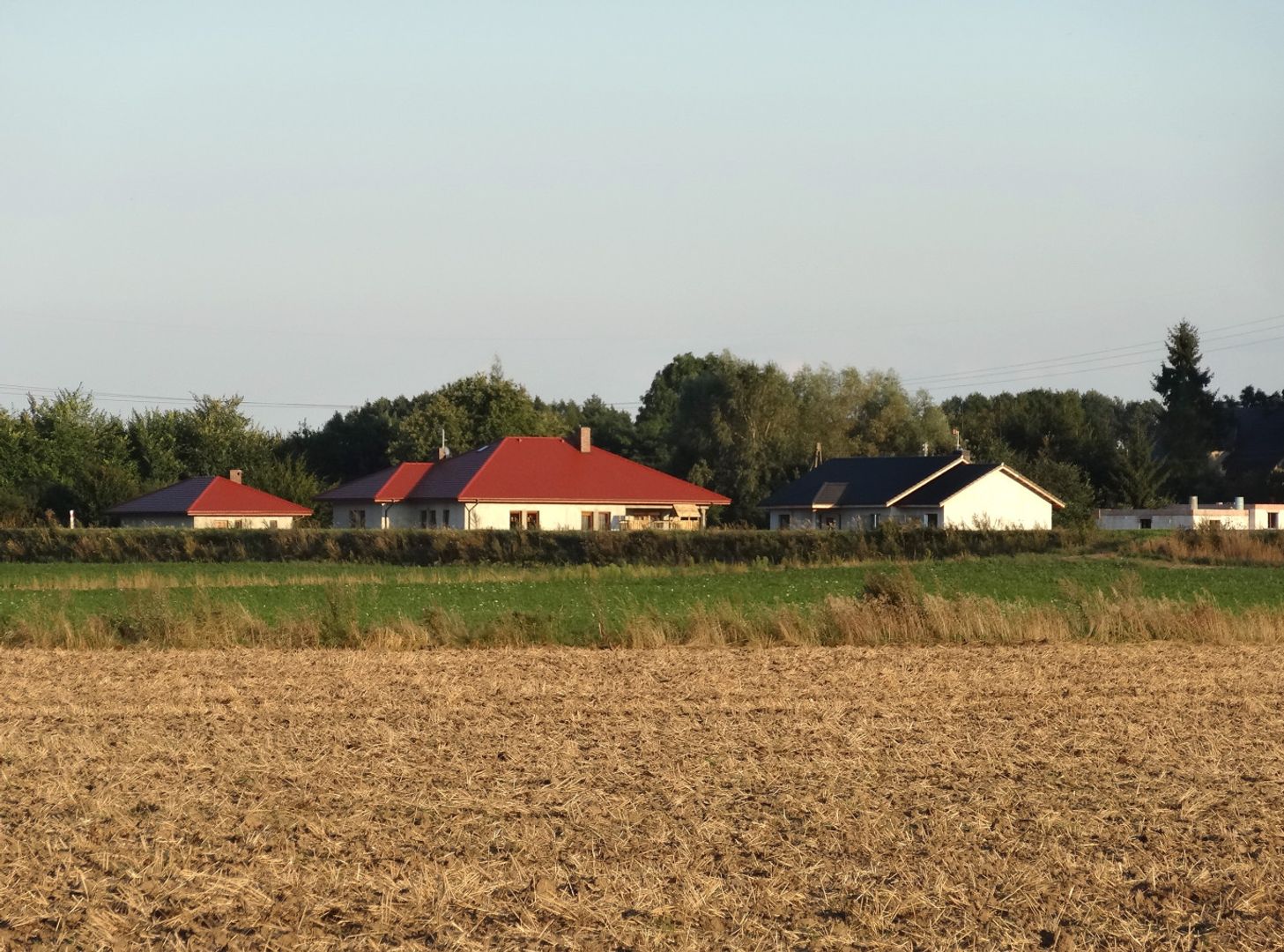Otorowo
6.46

Overview
Otorowo is a village located in the Kuyavian-Pomeranian Voivodeship, in the municipality of Solec Kujawski, on the southern bank of the Vistula River. It is an area with a rich history and diverse landscape, featuring numerous natural and tourist attractions. Otorowo, first mentioned in written records in 1280, was an important settlement point for the Dutch colonists (Olędrzy), with a contract dating back to 1604, which contributed to the development of the river floodplains and the growth of agriculture. This place was home to significant communities, and to this day, royal privileges granted to the settlers have been preserved. The village developed, primarily inhabited by a German population, and in the 19th century, the presence of Evangelicals and a branch of an Evangelical church were recorded. In Otorowo, there is a Mennonite cottage from 1768, which is one of the architectural remnants of the past. Recent years have seen modest development, with new investments in private housing, indicating the growing attractiveness of the region. Otorowo also serves as a hub for various tourist trails, including the "Along the Lower Vistula Valley" cycling route. After World War II, the village was nationalized, and in 1968, a parish dedicated to the Mother of God, Queen of Poland, was established here. A tragic episode from the autumn of 1939 is worth noting, when German occupiers carried out mass murders of Polish residents in the Otorowo area. Today, Otorowo is characterized by its suburban nature and attracts residents of Bydgoszcz as well as tourists interested in its rich history and natural values.
Location
2026 Wizytor | All Rights Reserved